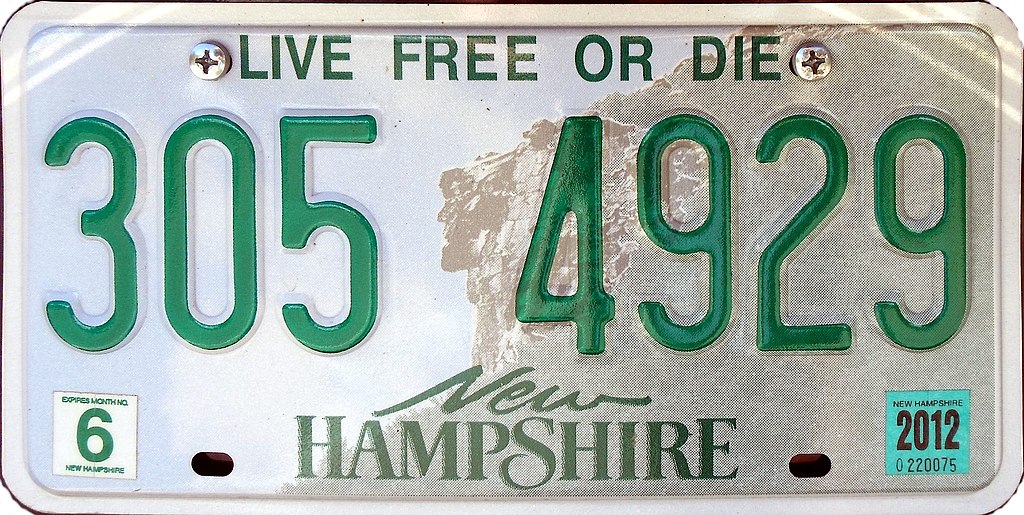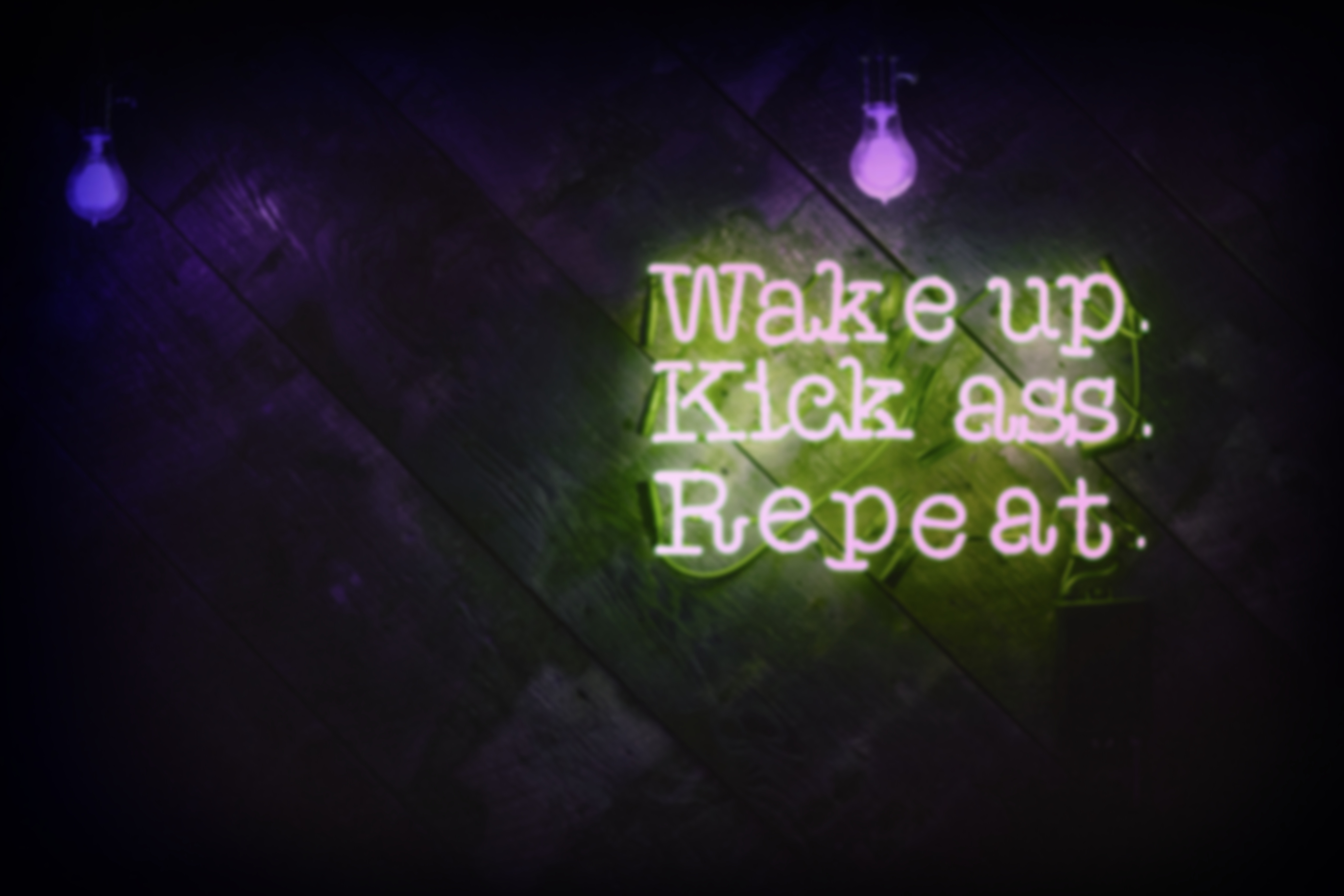I always hear a whisper in my ear when thinking about York IE and our vision to reshape the way startups are built, scaled and monetized:
“Build the stadium.”
That was the advice I received from my friend and colleague Paul Heywood when charting our course post-Dyn and -Oracle. Paul at the time ran global sales and customer success for our Oracle business unit after many years running Dyn’s international sales and go-to-market out of the United Kingdom. Paul is currently the chief revenue officer for Puppet, chairman of cloud service provider DevOpsGroup and an investment partner and advisor with York IE. We are thick as thieves, but it wasn’t easy at the beginning to bring Paul into the family!
Decisions, Decisions…
I tried to recruit Paul to Dyn on many occasions over three years before he finally joined in 2013. He didn’t think we were legit enough at first, so as with many others, we had to prove ourselves and harden our foundation for scale. He always kept a watchful eye until finally deciding to jump in with both feet.
Once he joined to become our managing director of EMEA, it was clear that he was different from most heads of sales. He was a natural leader, deeply smart, technologically savvy, and ambitious. He was more than a head of sales even if he didn’t know it quite yet. He reminded me a lot of myself in those early days … and I always tell people that Paul is like the British (and more worldly!) version of me. Our career arcs are quite similar with their own nuanced differences.
(For more on those backstories, check out the Revenue Diaries podcasts with Kyle Lacy of Lessonly where he digs into the life and motivations of revenue leaders across the tech landscape. I joined first and then Paul did as well, following my interview where I referenced him.)
As my Dyn and Oracle days were winding down and I was honing in on what would be my next act, Paul and I would chat frequently about what to do and how to do it to make the biggest impact on the world.
Everyone would always ask me: Are you going to be a venture capitalist or an operator? This question plagued me for many years as Dyn’s independent journey scaled and wound down, and as we rabble-roused inside Oracle trying to find every ounce of value post-acquisition.
Join another startup, cofound a startup, become a VC, join a large fund, launch a seed fund, become an entrepreneur in residence at a VC or private equity firm, stay at Oracle, become GM at another industry juggernaut, take time off, angel invest, do independent growth-stage boards, become an advisor … so many options.
It was such a binary decision-making tree. It all annoyed me so much. Only one option was a calling that really seemed to fit: to be both a VC and an operator. But it wasn’t a traditional path. I desperately wanted to do both full time and be unapologetic about it.
I wrote my personal vision down on a whiteboard: be loyal, operate independently, make an impact and play the long game.
I wrote out a potential company vision down on a whiteboard with my longtime friend, colleague and now York IE co-founder, Adam Coughlin. It sounded so damn strong that we still use it today: to reshape the way startups are built, scaled and monetized.
It also fit perfectly with Paul’s advice, which he’s shared here:
Build the Stadium
Pro sports teams were once just groups of athletes with a head coach. Now the top teams in the world are major enterprises, complete with:
- sports psychologists
- strength and conditioning coaches
- nutritionists
- brand managers
- marketing departments
- scouting departments and talent academies
- wealth managers and post-career retraining programs
Startup founders and their teams are like athletes. The same conditions and requirements for success exist: knowledge, skill, experience, resilience, strength of conviction, leading by example and inspiring. They also need the same kind of deep support system that the top sports teams in the world provide for their athletes.
Top venture capital firms know this. They cultivate their communities of talented founders and executives and keep that network within their portfolios. But the power curve of startup success stories means that a limited number of individuals in a limited number of geographic locations can reap the benefits of this approach.
What if there were a firm that actually stood side by side with founders and focused every moment of every day on building, supporting and cultivating success — not only by providing capital, but by providing operational expertise and in-depth research?
Founders and their companies are the team. Don’t just pay them to play. Give them everything they need to win. Build the stadium!
The Opportunity Ahead
I was inspired to build a scalable startup company that also invests. I wrote several blog posts on this dream to sanity-check the strategy. We even wrote a faux press release about our new company. It just kept making sense.
Now, reflecting on the two-year anniversary of our launch, I’m even more excited about our opportunity. With an incredible team of portfolio companies and advisory services clients, and a full stadium of operational expertise and in-depth resources behind them, we’re truly reshaping the way companies are built, scaled and monetized.



